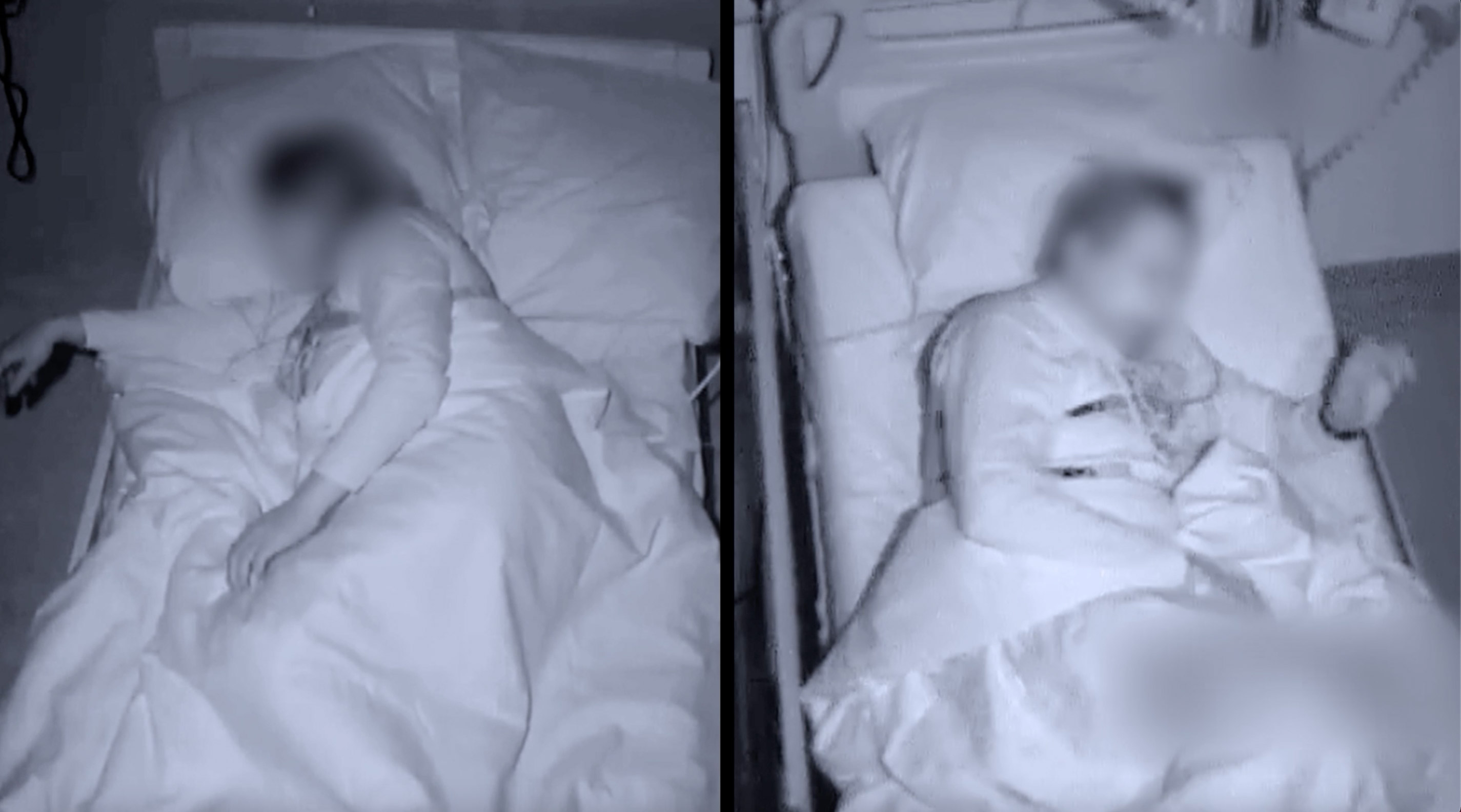Your Participation
Forming a new group of volunteers
To put together this new group of participants (also called a cohort), first, an online survey will be carried out. It will target people aged 55 to 75 years living in Luxembourg. Within the first trimester of 2021, everyone in Luxembourg in that age group will receive an official letter from our team by post, inviting them to participate in the survey. These candidates will be asked to log into a specific and secure website, to create a personal account and to answer a short online questionnaire, which takes less than 10 minutes.
At the end of all these steps, only the participants showing no signs of neurodegenerative diseases and for which the clinical team suspects RBD will undergo a sleep assessment in a sleep laboratory in a hospital.

If the diagnosis of RBD is then confirmed, they will be invited to join the advanced phase of the study, which means yearly follow-up visits and sampling of biological fluids (blood, urine and saliva). Healthy volunteers who participate in the Luxembourg Parkinson’s Study will also be invited to join this new cohort as controls.
Details about the participationParticipation is, of course, voluntary. People invited to participate in this study can decide whether or not to take part. If they choose to take part, they will be asked to fill in an Informed Consent Form. There are no costs associated with participation in the study.
The participants will be asked to take part in a clinical assessment and will be invited to donate biosamples (e.g. blood, urine and saliva) every year at the Parkinson’s Research Clinic.
If participants wish to withdraw from the study, they can do it at any time by contacting the Parkinson’s Research Clinic and without giving any further reasons. Such a decision will not affect the participants in any way. They can also ask for their data to be removed from the database.
Benefits for the participants
The main reason to participate is to help researchers better understand and find better treatments for RBD and associated neurodegenerative disorders. Participants should not expect an immediate benefit from the study; however, results of the study can be shared with their treating physician and therefore may contribute to a better medical treatment. Specifically, for people affected by unexplained sleep disorders, participation in the study may help to diagnose RBD and, based on this diagnosis, to initiate treatment to improve sleep quality with their treating physician. Some of the participants could also benefit from the diagnostic procedures confirming or excluding the presence of any form of parkinsonism. They may profit from early access to existing treatments and future trials to prevent the progression of neurodegeneration.
Information of the participants
While the ultimate goal of this study is to support research in the field of neurodegenerative diseases, there is a possibility that information will be discovered that may be relevant to a participant’s personal healthcare beyond the scope of the study. If this should happen, the researchers will inform the principal investigator of this study, Prof. Rejko Krüger. He will then evaluate the information and, following a procedure approved by the National Research Ethics Committee (CNER), decide next steps based on whether the participant wished to be informed or not about this kind of incidental finding. This can include a genetic counselling or further diagnostics initiated by the treating physician of the participant.




